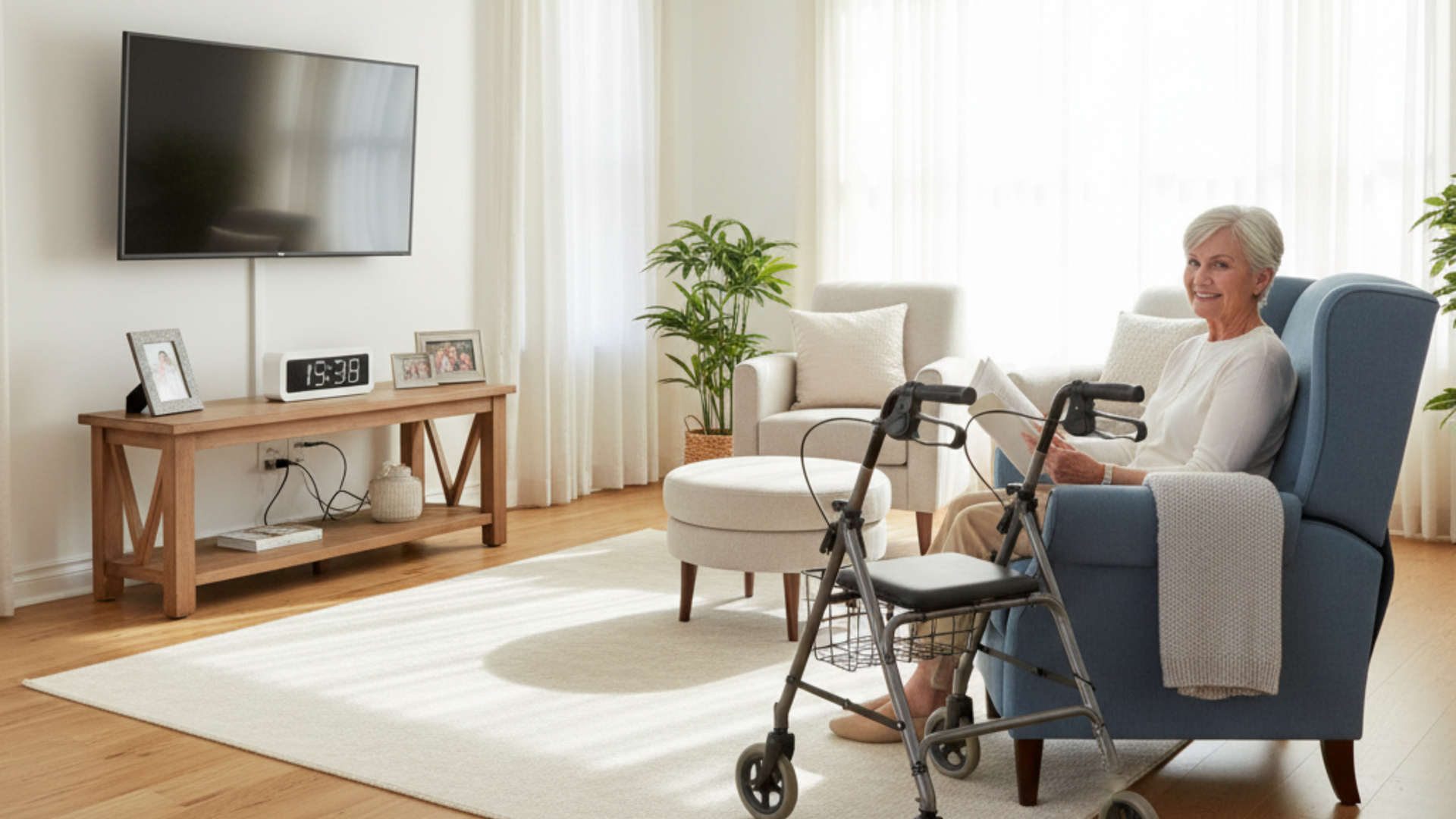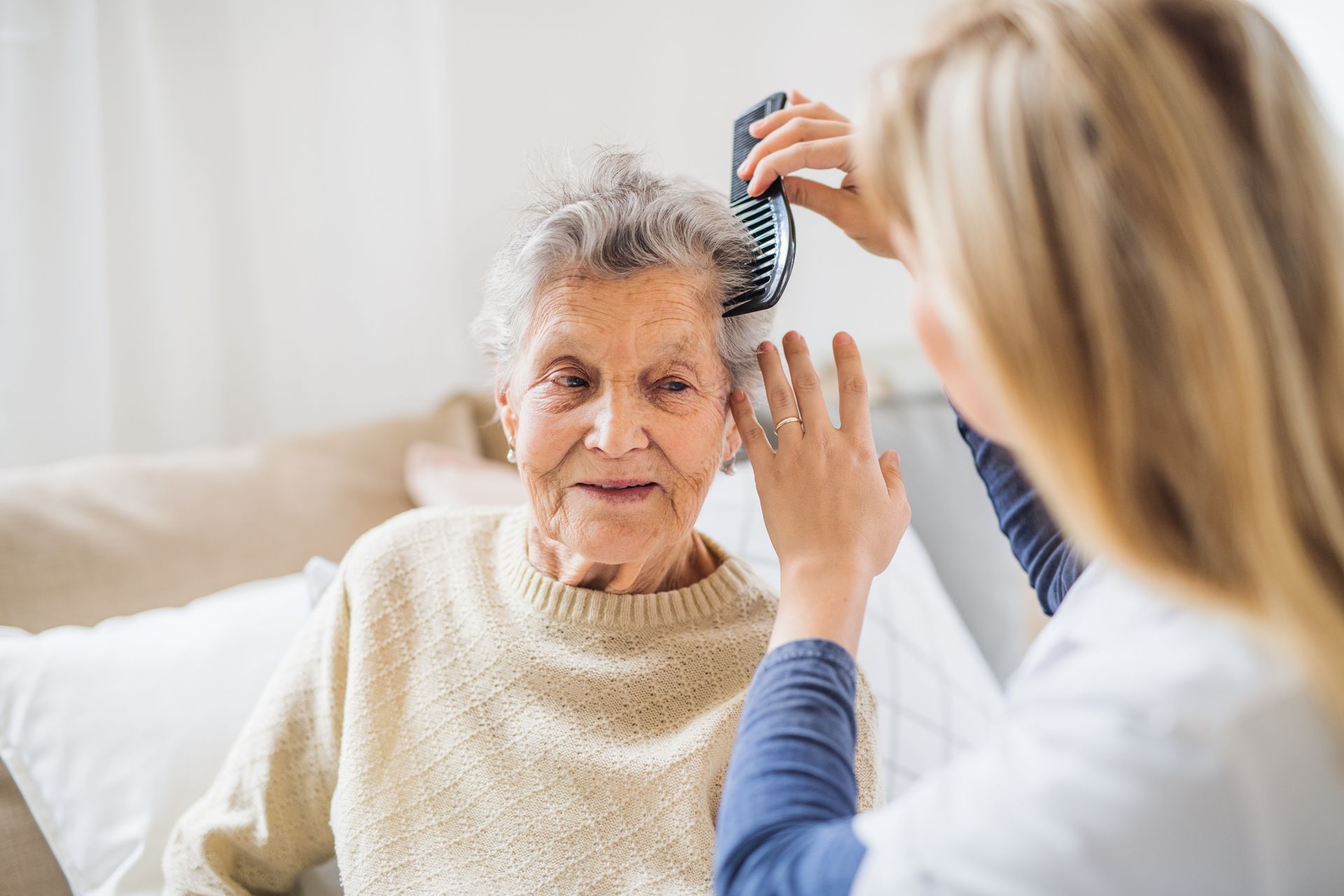Signs It’s Time For Professional Care

It’s never easy to admit when someone you love needs more help than you can give. But recognizing the signs early can protect their safety, well-being, and your own peace of mind. Knowing when it’s time for professional care doesn’t mean giving up independence, it means ensuring comfort, security, and a better quality of life.
Why Recognizing the Right Time Matters
Families often struggle to decide when to bring in outside help. The hesitation is understandable. You may worry it’s “too soon” or feel guilty for not doing enough. But the truth is, waiting too long can create more challenges than acting early.
Aging can bring gradual changes that are easy to overlook, such as missed medications, skipped meals, or small falls. Left unaddressed, these small issues can become emergencies. According to AARP, recognizing the need for extra help early allows families to plan care thoughtfully instead of reacting to crises.
Many local families turn to elderly care in Thomasville for personalized support that helps seniors stay safe and independent. Before choosing, it’s smart to get quotes from providers so you can compare services and find the best fit for your loved one’s needs.
What Are the Common Signs Your Parent Needs Help at Home?
It’s common to wonder whether a loved one’s struggles are “just aging” or something more. These are the most common signs your parent needs help at home:
1. Difficulty with Daily Tasks
If you notice unwashed dishes, wrinkled clothes, or spoiled food, it may mean daily routines have become overwhelming.
2. Memory or Judgment Problems
Forgetting medication, leaving the stove on, or getting lost in familiar places are red flags for safety concerns.
3. Physical Decline
Sudden weight loss, unsteady walking, or frequent bruises may signal it’s time for professional monitoring.
4. Emotional and Behavioral Changes
Seniors who withdraw, seem irritable, or lose interest in social activities may be struggling with loneliness or frustration.
5. Unsafe Living Conditions
Cluttered walkways, unpaid bills, or dark hallways can quickly turn a home into a hazard zone.
Professional senior care services can help manage these challenges while maintaining independence. Even part-time support can relieve stress and restore comfort to daily routines.
The Emotional Toll on Family Caregivers
Many family members become caregivers out of love, but it’s a demanding role. Over time, fatigue, worry, and guilt can set in. You might find yourself constantly checking in, losing sleep, or skipping your own commitments.
This is where professional caregiver support can make all the difference. Trained caregivers bring consistency and structure to care routines, allowing families to rest, recharge, and focus on meaningful time together instead of constant worry.
Professional help doesn’t replace family, it strengthens the circle of care.
How Professional Care Helps Seniors Thrive
Professional caregivers do more than assist with physical needs—they promote emotional well-being and independence. Through companionship, meal prep, medication reminders, and mobility assistance, they help seniors live safely at home.
Providers like Providence Senior Care tailor their approach to each person’s needs. Their compassionate elderly care in Thomasville focuses on maintaining dignity, safety, and daily comfort, all within the familiarity of home.
What Are the Types of Senior Care Services?
There isn’t a one-size-fits-all approach to care. Depending on your loved one’s health, schedule, and personality, different senior care services may apply:
- In-Home Care: Help with daily routines like cooking, bathing, and errands.
- Personal Care: Support for mobility, hygiene, and medication reminders.
- Companion Care: Focused on conversation, social activities, and emotional connection.
- Respite Care: Temporary relief for family caregivers who need a break.
- Memory Support Care: Specialized attention for individuals with Alzheimer’s or dementia.
These services can be combined or adjusted as needs change.
How Do You Know When It’s Time for a Care Home?
Sometimes, even the best home setup isn’t enough. You might notice constant falls, confusion, or wandering at night. When daily supervision becomes necessary for safety, a care home may be the right step.
Transitioning to a care home isn’t about giving up, it’s about finding the safest, healthiest environment possible. Start by discussing your concerns with your loved one and exploring what level of care they’re comfortable with.
How Do You Know When to Seek Professional Help?
If caregiving feels like more than one person can handle, or your loved one’s needs are increasing, seeking professional help may be the kindest choice.
Typical indicators include:
- Frequent medication mistakes
- Missed doctor appointments
- Falls or unexplained injuries
- Increased confusion or agitation
Getting quotes and assessments from local providers can help families understand what level of support makes sense. The earlier you reach out, the smoother the transition will be.
How Do You Know It’s Time for a Nursing Home?
When medical conditions become complex or require around-the-clock monitoring, a nursing home might be appropriate. Look for these signs:
- Advanced dementia or memory loss
- Repeated hospital visits
- Difficulty managing mobility safely
- The need for medical equipment or skilled nursing care
Even then, families can often start with professional caregiver support at home before committing to full-time residential care.
Which Most Likely Indicates the Need to Seek Professional Help?
The clearest indicators often involve a combination of physical and emotional decline. Examples include:
- Skipping meals or medication
- Poor hygiene or hygiene refusal
- Sudden personality changes
- Unsafe behaviors, like wandering or leaving the stove on
- Family caregiver exhaustion
If these patterns continue, professional care can restore stability and comfort for everyone involved.
Questions to Ask Before Hiring a Professional Caregiver Support
When you’re ready to explore options, prepare these questions:
- What training or certifications do your caregivers have?
- How do you ensure safety and privacy?
- Can services be customized as needs change?
- How do families communicate with caregivers?
- What are the costs, and what’s included?
Collecting quotes and comparing services helps you make an informed, confident choice. Learn more by reading Benefits of In-Home Care for Independent Seniors.
How to Talk to Your Loved One About Professional Care
Approaching the conversation with empathy is essential. Seniors often fear losing control or independence. Use calm, caring language such as:
“We just want you to have the support you deserve.”
“Getting help doesn’t mean you can’t do things, it just keeps you safe.”
Let them participate in decisions. Emphasize that elderly care in Thomasville can help them stay at home longer, not shorten their independence.
Making the Transition Smooth
Start small if possible. Introduce part-time care or specific services, like help with errands or meal preparation. Give your loved one time to adjust to having a professional around.
Stay involved during the first few weeks. Regular check-ins help your loved one feel supported and respected while building trust with their caregiver.
Conclusion
Recognizing the right time for professional care is one of the most loving decisions a family can make. It means you’re prioritizing safety, comfort, and happiness, not giving up, but stepping up.
If you’re starting to notice these signs, take the next step with confidence. Providence Senior Care provides compassionate elderly care in Thomasville to help seniors live securely and comfortably in the place they call home.
Follow our social media pages below:











